The Four Major Sponsors of WTT Revealed, All from China, Netizens: How Dare You Suppress Zhen Dong with Our Sponsorship?

On December 30th, the mystery surrounding the long-term sponsors of WTT was finally unveiled across the internet. It turns out that the four major "financial backers" behind WTT are all Chinese companies.

In addition to uncovering the identity of these sponsors, netizens discovered that WTT's questionable practices extend beyond this revelation...

In reality, WTT is not an international sports organization with a long history; it was only established in August 2019. From the outset, it has promoted itself under the banner of "modernizing commercial activities and enhancing the international competitiveness of table tennis."
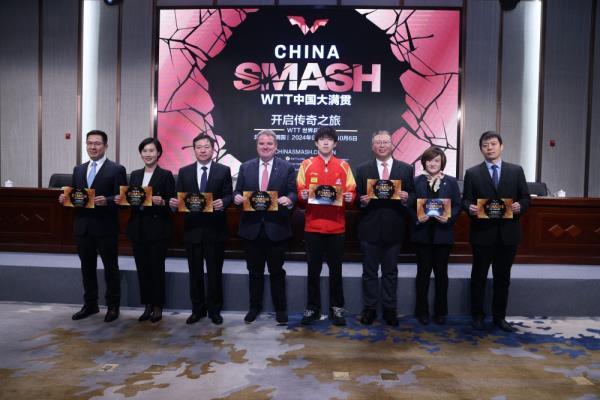
Over the years, there has indeed been significant progress in "commercialization," but it seems that "humanization" has been moving further away.

On December 29th, after Fan Zhendong and Chen Meng announced their withdrawal from the world rankings, WTT garnered widespread attention.
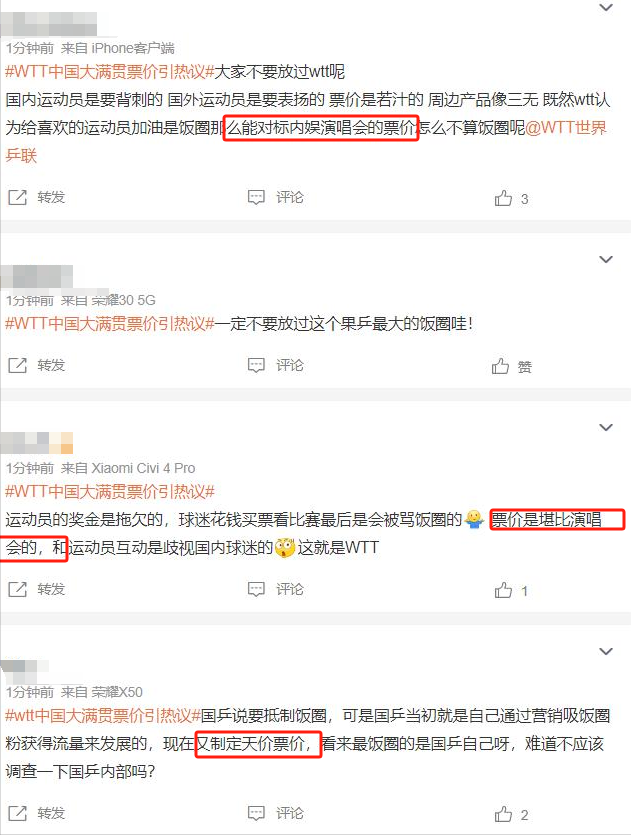
That evening's news report exposed that WTT had earned as much as 60 million yuan in ticket sales alone during one event this year.

Subsequently, more details about WTT's operations and income were gradually uncovered by netizens.

As a highly commercial international sports organization, WTT's main sources of income are sponsorship revenue and ticket sales.

The four major long-term sponsors are Shuijingfang, Yili Orthopedic Adhesive, Baiseshan, and the Agricultural Bank of China.
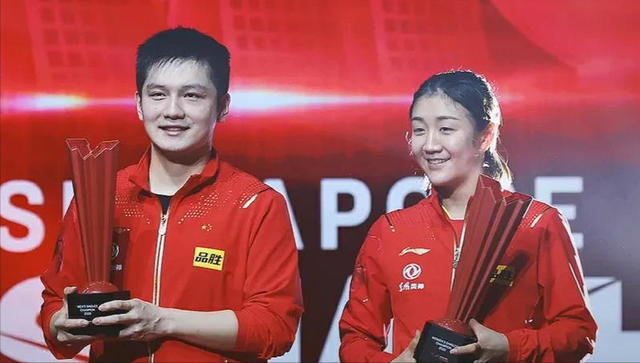
Fans who have watched table tennis grand slam events will likely recognize the four prominent logos at the center of the court.

All four of these "financial backers" are Chinese domestic enterprises without exception.
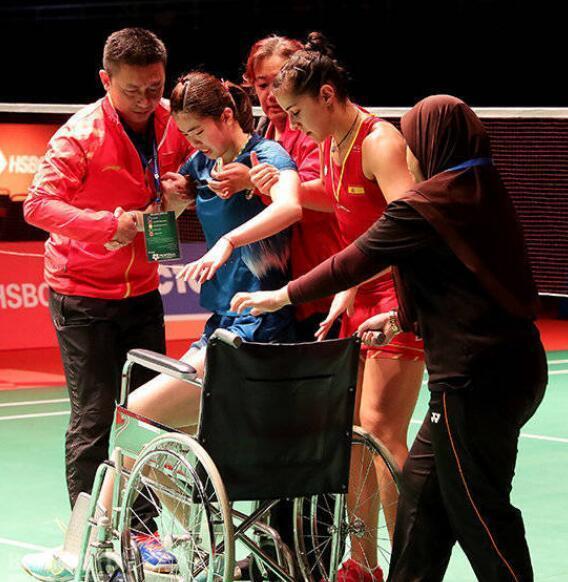
In addition to sponsorship revenue, WTT's ticket sales have also faced considerable criticism.

It's unclear how many people still remember that in October of this year, WTT made headlines for its high ticket prices.

Ticket pricing in tiers is understandable, but the highest price reached an astonishing 1688 yuan and did not even allow for seat selection.
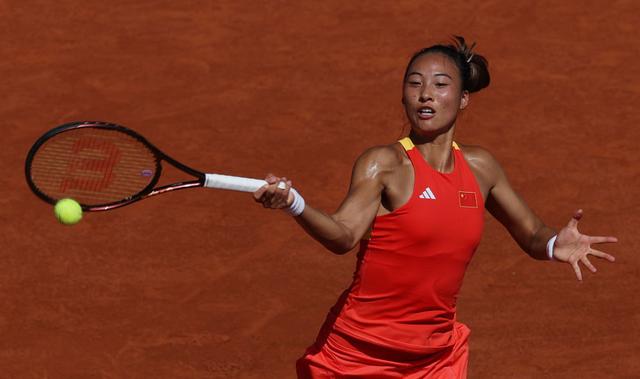
Some tickets might also require "proxy bidding," with the most expensive being a final match ticket that could be resold for over 2000 yuan.

Despite constant complaints, there were still many willing buyers, allowing WTT to earn over 82 million yuan at the Chinese Grand Slam event.

However, there is a significant contrast between these impressive figures and the prize money received by athletes participating in high-frequency competitions.

With earnings ranging from 60 to 80 million yuan, the announced prize pool is less than 20 million yuan.
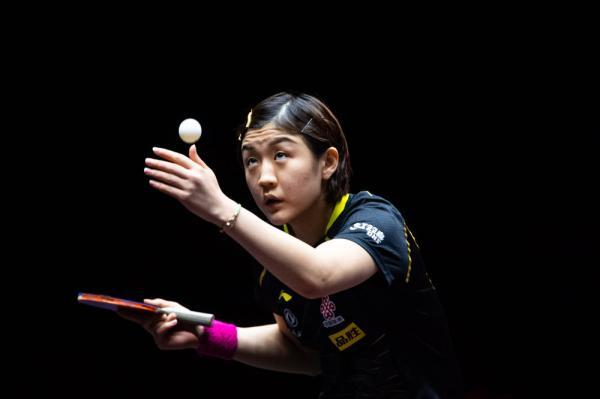
This would be bad enough, but even more absurdly, athletes may have to pay out of pocket to "subsidize" their participation.

If athletes do not achieve a high ranking in WTT-hosted events, they must cover their own travel and accommodation expenses.

Now, it has even stipulated that "non-participation will result in fines," essentially forcing top athletes to withdraw from competition.

After all, such intense continuous competition is something that not everyone can endure.

Following Fan Zhendong's forced withdrawal from the world rankings due to new regulations, WTT's "helpless" response once again highlighted its inaction.
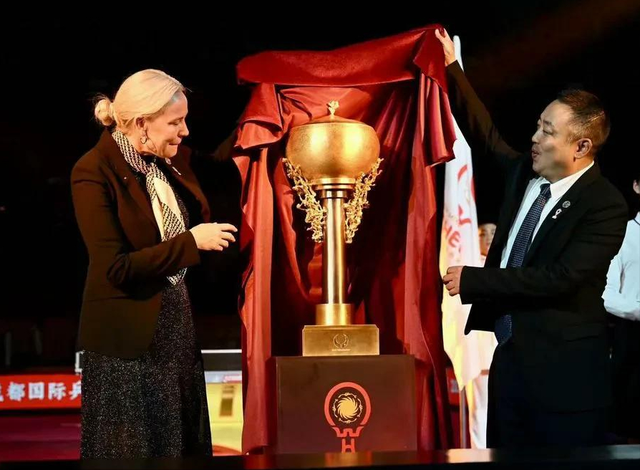
These repeated actions have finally angered netizens and fans.

Upon learning that the majority of WTT's operational costs are borne by four Chinese sponsors, netizens have expressed their opinions.

"How dare you take Chinese sponsorship and bully Chinese athletes? Where does your confidence come from?"
"Those who make money from hosting competitions, don't you understand what the true core competitiveness and resources are?"
Sometimes, it's really the case that those involved are confused, while outsiders see clearly.
When ITTF initially established WTT, it actually used APT and WTA as benchmarks and later even hired their commercial planning and operations teams.
However, tennis has now developed to a relatively mature state, with the most notable distinction being its unwavering focus on athletes.
Compared to the "astronomical figures" in prize money that table tennis athletes receive for participating in consecutive competitions, tennis athletes' prize money is truly astronomical.
Take Zheng Qinwen, who won the championship at this year's Paris Olympics, as an example; her prize money for a single competition could reach millions.
Many netizens can keenly identify the crux of the issue: WTT has always seemed to prioritize commercialization at the expense of athletes.
"We firmly oppose 'tyrannical clauses'; athletes cannot be expected to play matches non-stop like machines throughout the year."
"This is even harsher than capitalists; at least workers have a guaranteed salary, but athletes may have to subsidize their participation and may not even receive prize money."
"Mandatory high-frequency participation for athletes, coupled with increased penalties, is really beneficial for the development of table tennis?"
These questions keep pouring in, and WTT has truly been pushed to the forefront of public scrutiny.
It was only after more inside information about WTT was exposed that netizens and fans realized what table tennis athletes have gone through.
Table tennis is often referred to as the "national ball game," naturally carrying a certain level of popularity, and the athletes are considered national treasures.
On the international stage, these top table tennis athletes have brought glory to the country countless times.
But now, WTT uses a rule of "non-participation results in fines" to deter top athletes from participating.
Not only domestically, but WTT has also faced complaints from foreign athletes in the past.
In April, Nigerian table tennis player Aruna publicly accused WTT of improper punishment.
In September, Swedish table tennis star Morgenstern raised questions about athletes having to pay their own expenses to participate.
All these voices indicate that WTT does indeed have problems that urgently need to be rectified.
Some netizens bluntly stated that WTT is essentially a company controlled by the International Table Tennis Federation (ITTF) that operates sports events.
Currently, the chairman of the WTT board is Liu Guoliang, and due to lack of experience, the overall operation is not up to par.
At the center of public opinion, WTT's finances are not publicly disclosed, and it is suspected of exploiting athletes like Fan Zhendong and Chen Meng.
What WTT's next move will be as it faces public scrutiny remains to be seen.
We can only hope that the relevant responsible parties will listen to the voices of the people and genuinely consider the interests of the athletes more.
Disclaimer: The processes and images described in this article are sourced from the internet. This article aims to promote positive social energy and contains no vulgar or inappropriate content. If there are any copyright or personal infringement issues, please contact us promptly, and we will delete the content immediately! If there are any questionable parts of the event, we will delete or modify them after contact.
Source of this article: [China.com][Jiemian News]